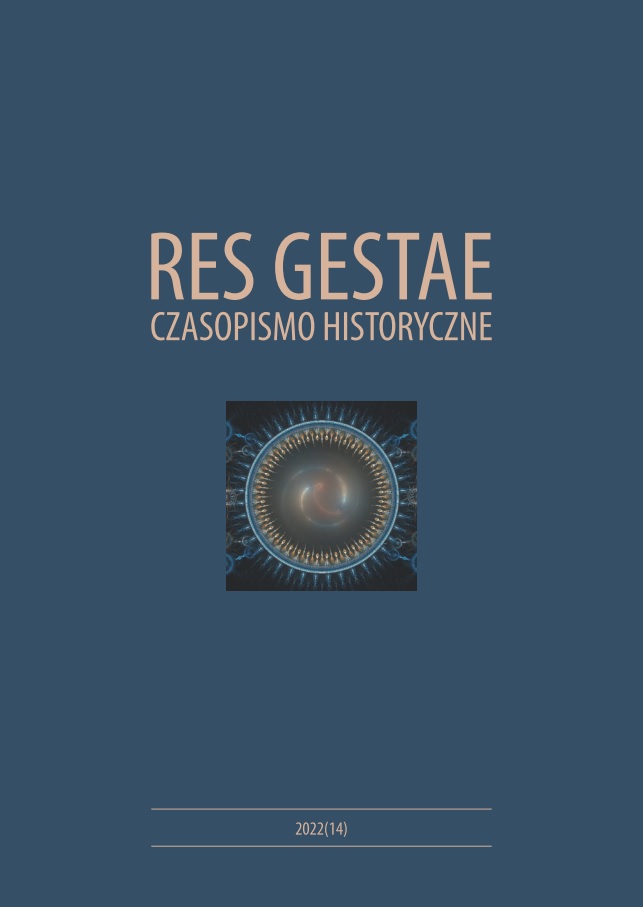Chaganat chazarski a Skandynawowie w Europie Wschodniej – kontakty i ich charakter w IX–X wieku
Main Article Content
Abstrakt
From its emergence in the 7th century until its fall in 965, the Khazar Khaganate played a decisive role among the tribes and peoples settled in Eastern Europe. The Pax Khazarica contributed to the stabilization of ethnic and political relations in the region, which in turn gave the khaganate a high status in contacts with the Byzantine Empire and the Abbasid Caliphate. The Khazars benefited from the favorable geographic location and the benefits they gained from participating in long-distance trade. With the arrival of Scandinavian newcomers and the development of their settlement in the northern and north-eastern part of the Ruthenian lands (the area around Lake Ladoga and the upper Volga basin), contacts with them played an increasingly important role in the history of the Chaganate in the 9th-10th centuries. Oleg’s taking of power in Kiev and the territorial development of the Ruthenian state was a crucial moment. Although the Khazars maintained a strong position among the peoples and tribes of Eastern Europe during the first half of the 10th century, it was not without difficulties. The reason was the growing activity of the Scandinavians not only among the Slavs who settled in the basin of the Dnieper, Oka and the upper Volga, but also in the lands that were the immediate hinterland of the khaganate (Black Sea region, the mouth of the Volga and the Caspian region). In addition to merchant expeditions, the Varangians organized - with great panache and range - raids of a looting nature (e.g. Prince Igor’s campaigns). It cannot be ruled out that they inuenced the nature of the relationship between the Khazars and their dependent tribes in Eastern Europe. The collapse of the Khaganate, which took place as a result of the war campaigns undertaken by Prince Sviatoslav (965, 969), may indicate a more significant (than previously assumed) internal weakening of the Khazar state. Undoubtedly, it was related to the change in the current system of political and ethnic relations in Eastern Europe, and the actions of the Kiev princes played a decisive role. Another reason was the change in the course of the existing long-distance trade routes, and thus the reduction of the influence that the Khazars obtained from their control. Despite the progress in research on the history of the khaganate, little is known about its relations with the Scandinavians settled in Eastern Europe, as well as with Slavic tribes, including those remaining outside the Khazar sphere of influence, and the consequences of the fall of Khazar domination for the region’s economy. The research conducted so far shows that the influence of the Khazars, although not confirmed in all spheres, was more intense, as evidenced by the reception of the kagan title in relation to the Ruthenian rulers in the 10th-11th centuries.
Article Details
|

